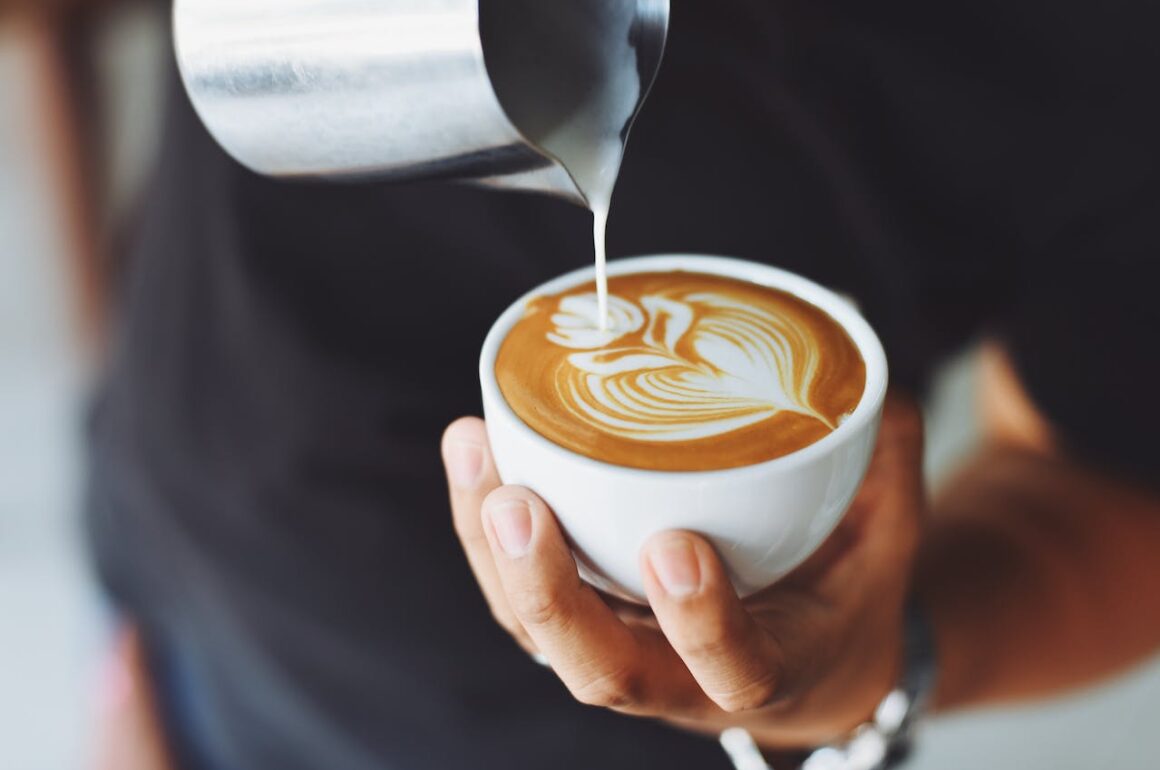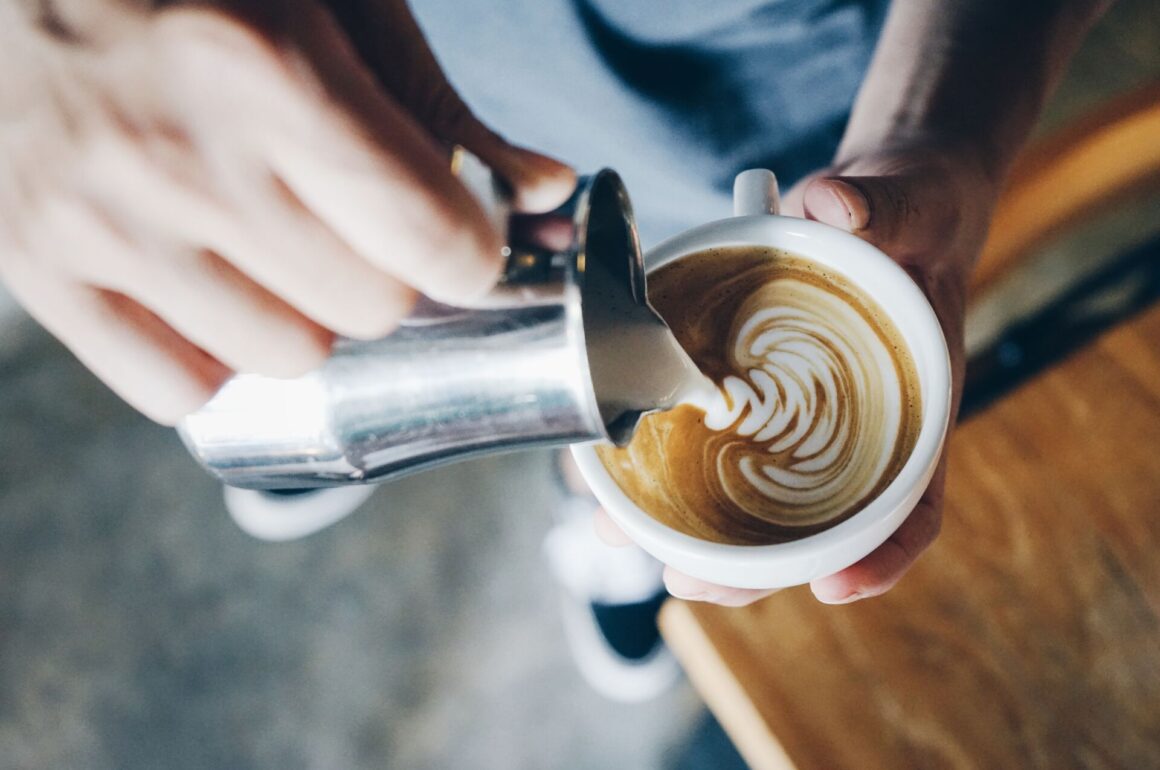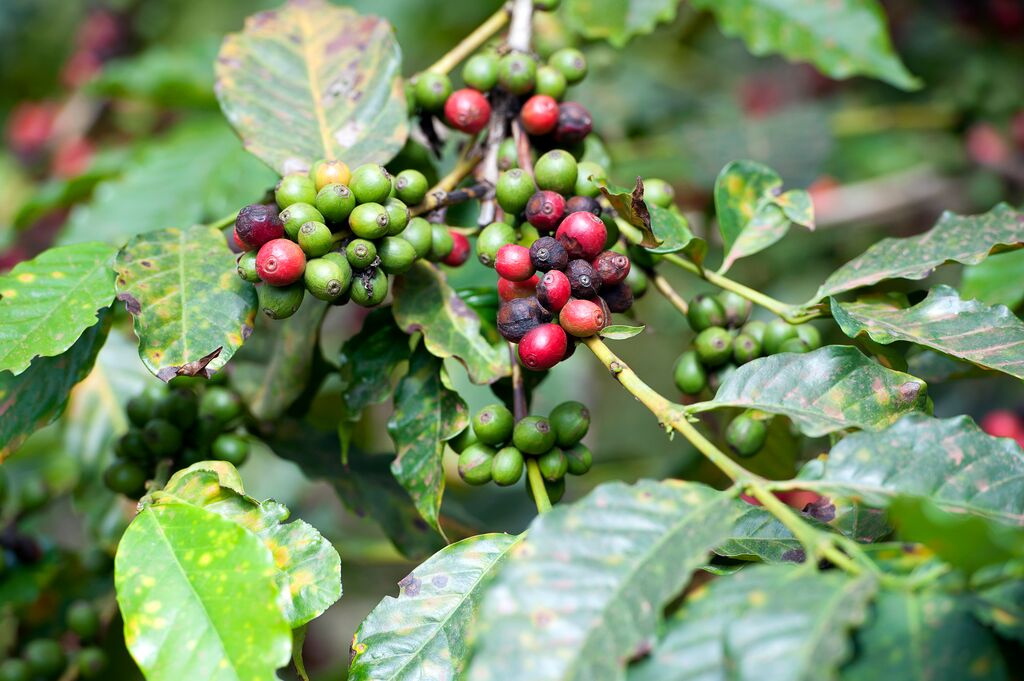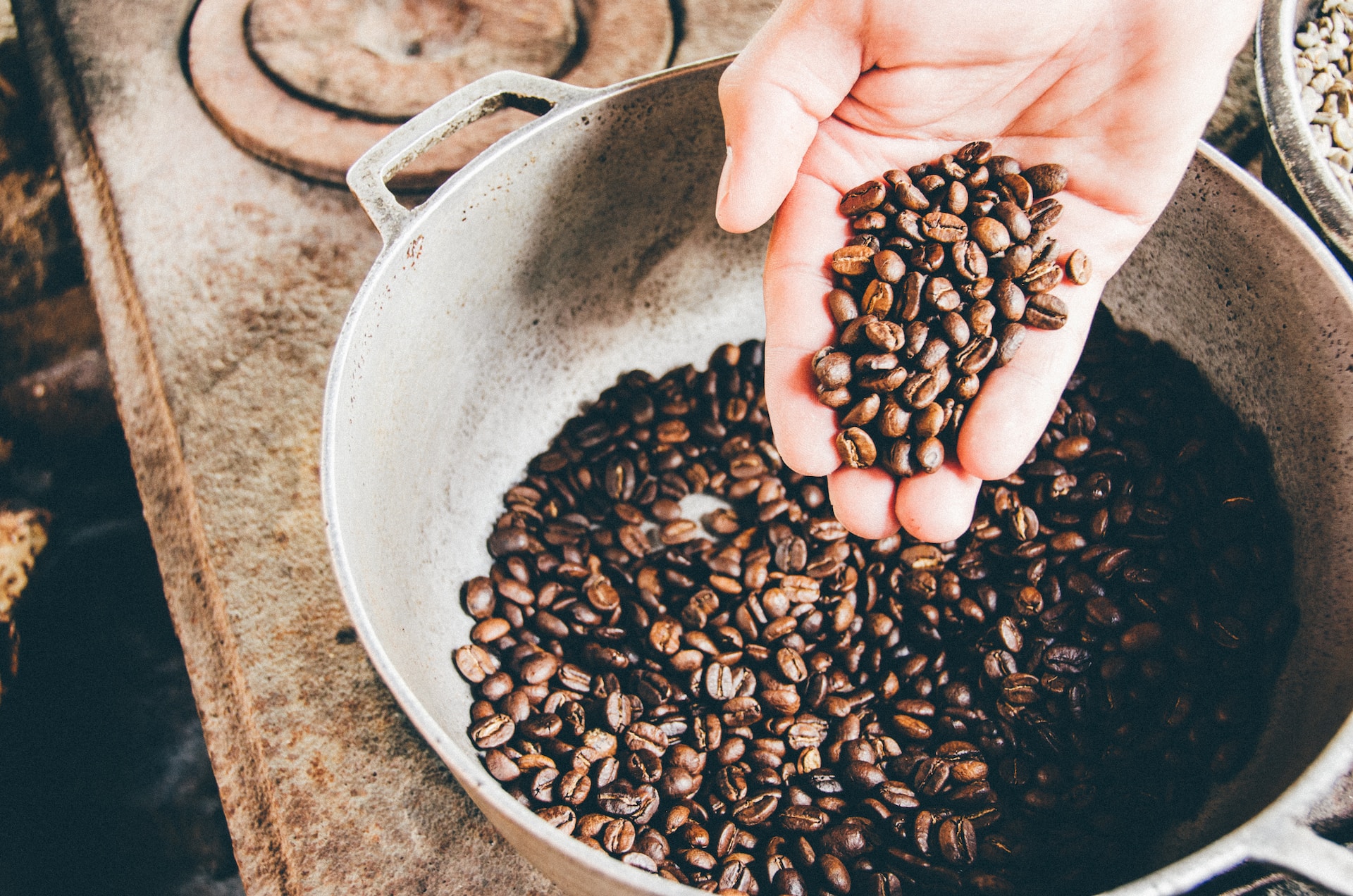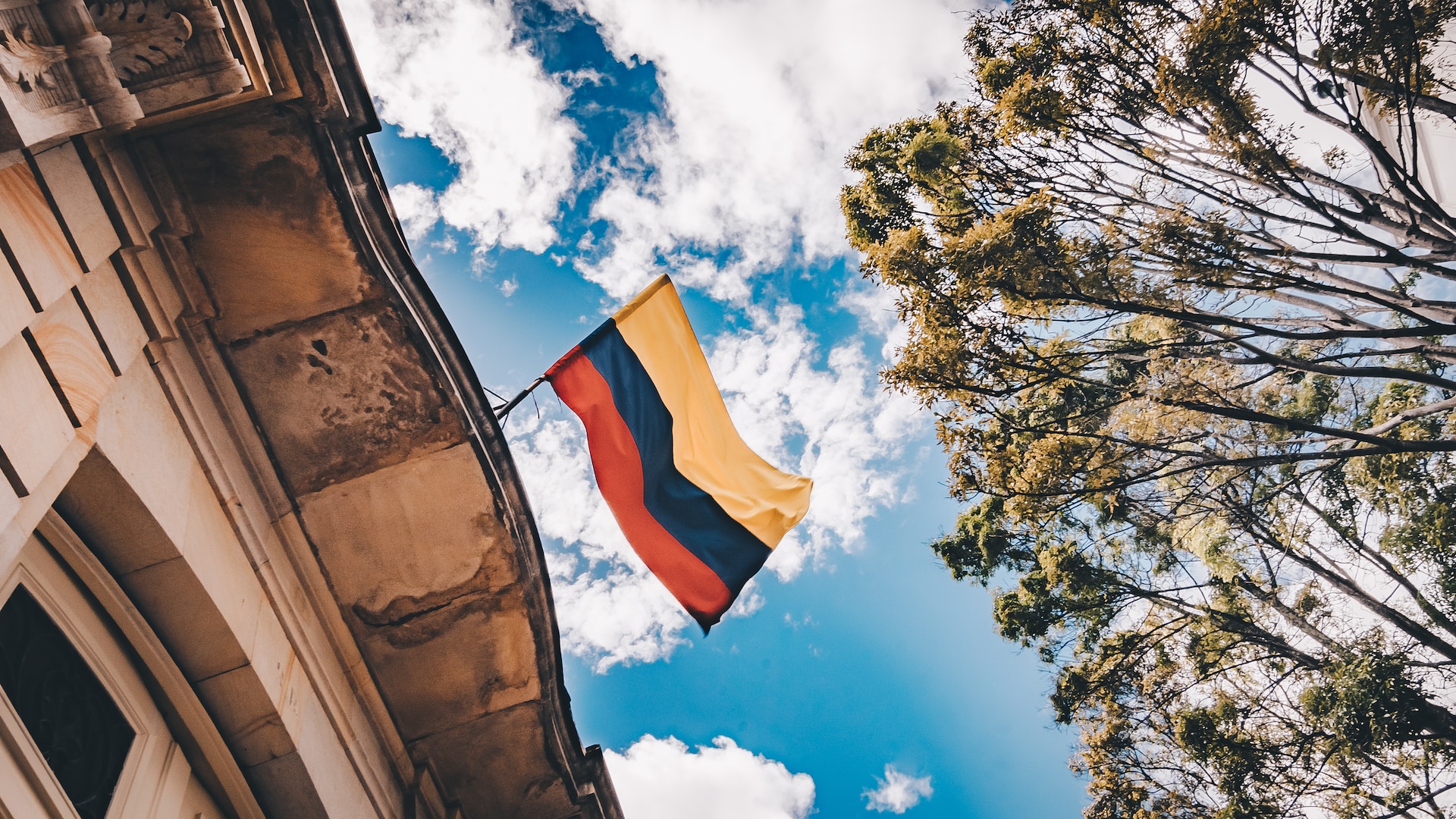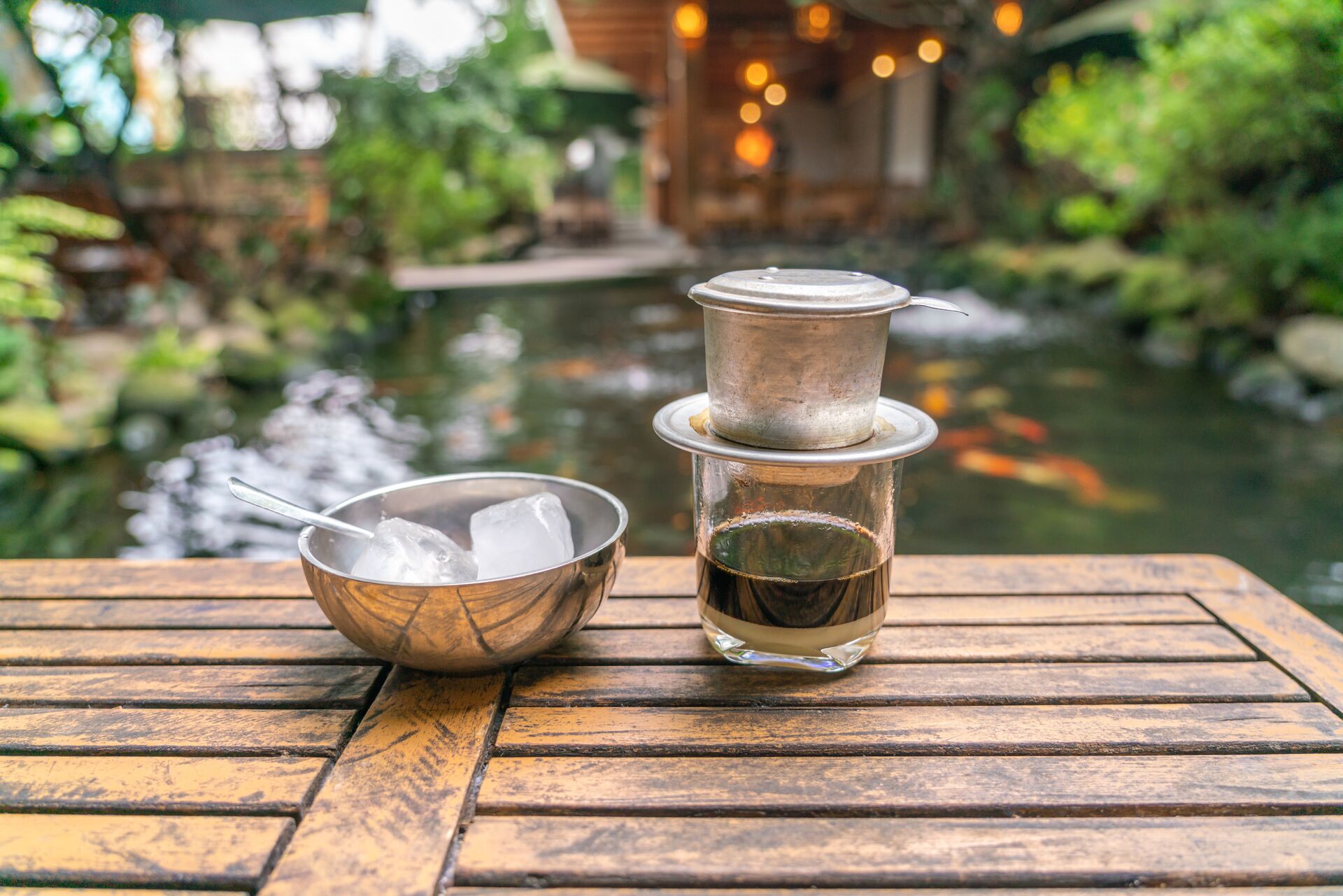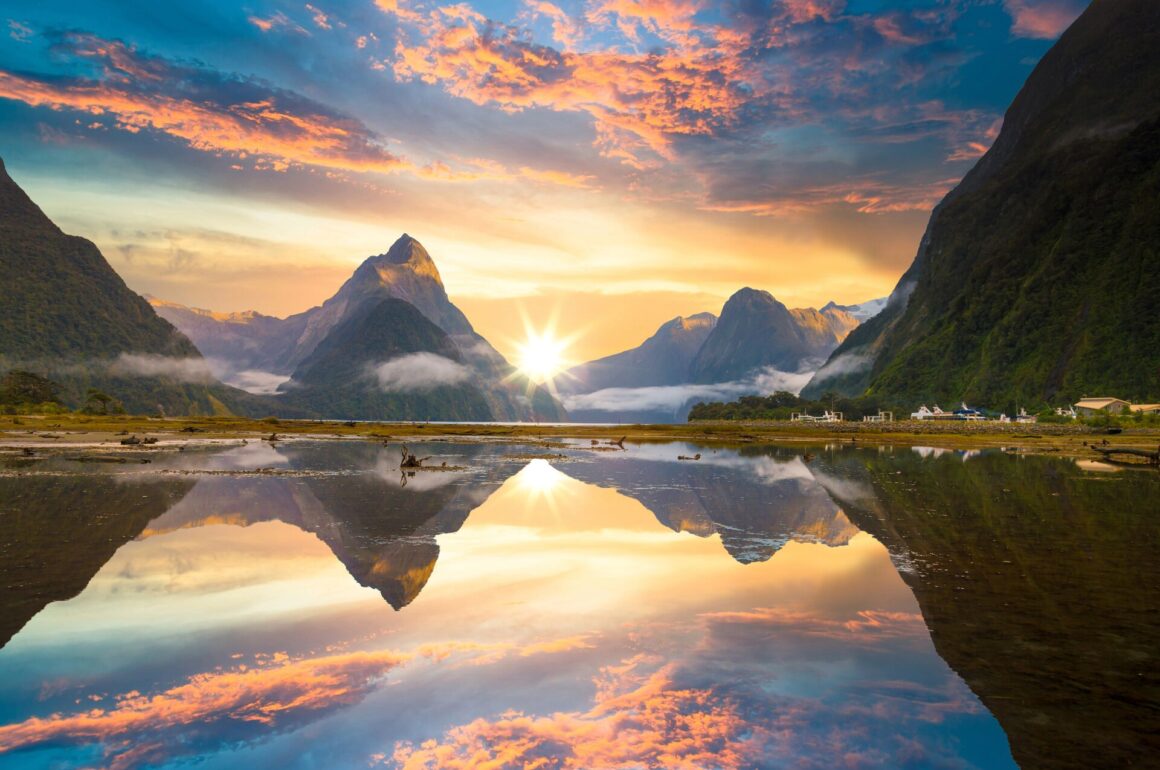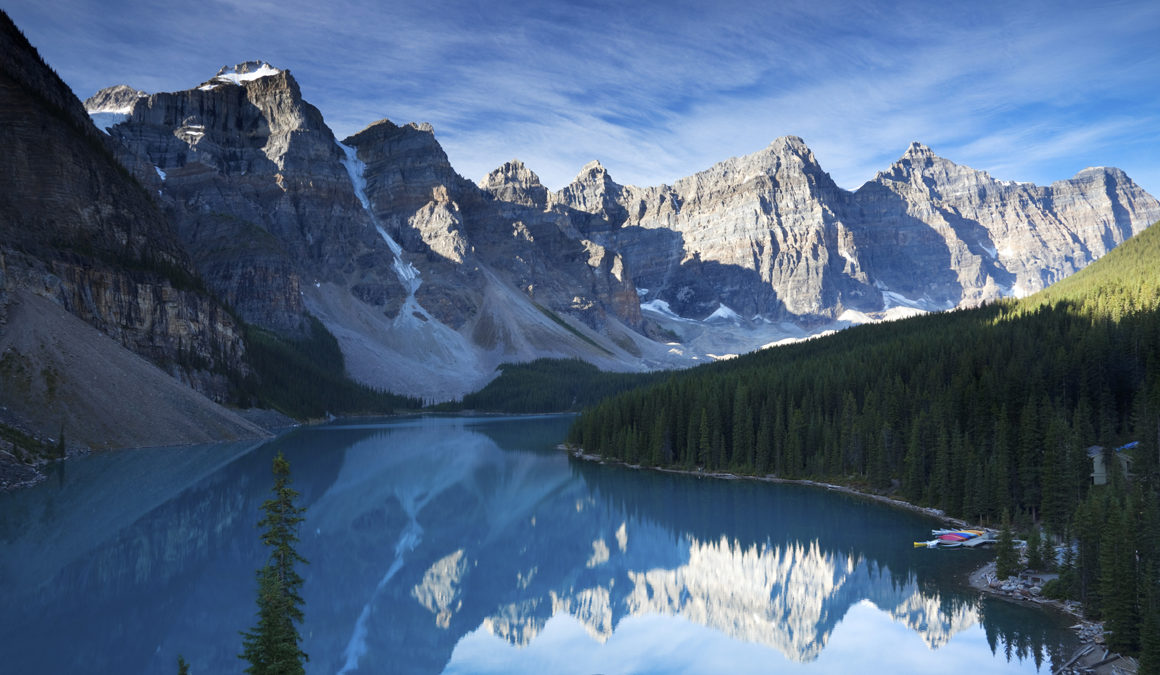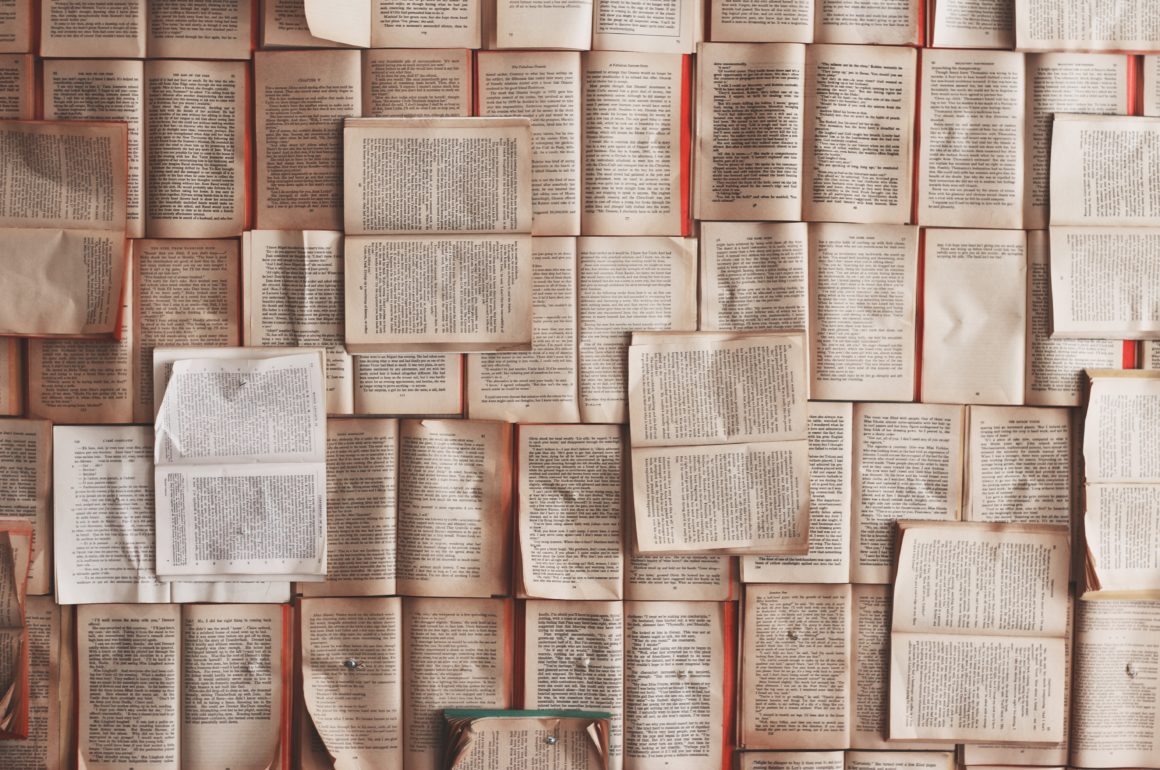The simple luxury of that first velvety, smooth, punchy morning coffee – it’s a tradition that stretches much further back in time than the invention of the takeaway cup. And the coffee itself likely comes from a lot further away than your nearest cafe.
Brazil and Colombia are among the leading coffee producing countries in the world, but they’re not the only coffee producers in South America. Ecuador, Guyana, Suriname, French Guiana, and Bolivia grow coffee, though it’s rare for coffee producers from these countries to rank among the world’s best.
When it comes to South America’s most acclaimed coffee producers, Brazil, Colombia, and Peru are often at the top of the industry for coffee production in the world. And these are some of the individual producers putting in the hard work to make those beans sing.
Fazendas Pinhal | Brazil
Brazil is the leading producer of coffee in the world; millions of metric tons of coffee are produced each year. As the world’s leading coffee producer for well-over a century, Brazil’s coffee producers have sizable domestic competition for industry acclaim, which makes Pinhal Farm’s achievements especially respectable.
In 2019, Pinhal Farm was awarded the title of most sustainable farm by Globo Rural Magazine, then again in 2022 by the Brazil Specialty Coffee Association. Sustainable coffee production is paramount at Pinhal: nearly half of its land is undeveloped. Solar panels generate power around the plantation where local students volunteer and rehabilitated native wildlife roam. Pinhal also limits the use of fuel, pesticides, fertilizers, and water whenever possible.
Pinhal is also a carbon positive farm, thanks to the existing native forest of eucalyptus trees removing CO2 from the air.
Coffee drinks throughout Europe, China, Saudi Arabia, and Australia will recognize the leading coffee producer’s Fazenda Pinhal beans in batches like Taylors of Harrogate with its notes of chocolate and caramel and the Geisha roast from Koko that features Nutella, stone-fruit, and white flora flavors.
Brew beautifully: These Are the Most Beautiful Coffee Machines You Can Buy For Your Home
Sample coffee from some of the leading coffee producers on the continent when you join Grand South America, one of our luxury tours of South America. This 23-day tour takes you across Peru, Brazil, Chile, and Argentina, where you’ll have ample opportunity to sit back with a fresh cup of South American coffee.
Cafe Jesus Martin | Colombia
Colombia is a leading coffee producer in the world, third only behind Brazil and Vietnam. Aromatic, fruity flavors tend to sing from its Arabica beans. Colombia’s coffee beans are in a class all their own, with many specialty coffee drinkers convinced that it’s the best medium-bodied brew in a cup.
Which is why it’s hard to believe that most Colombians did not know the true taste of their native coffee until quite recently.
As is the case in many coffee producing countries, the best batches of beans are often exported, leaving the lower-quality beans for domestic consumption. A Colombian man named Jesus Martin is often credited with “saving” Colombian coffee by introducing specialty coffee to Colombia.
Since 2008, Cafe Jesus Martin has received high acclaim from Colombian coffee drinkers. The brand has won a number of awards around the world, including in gourmet competitions in Paris. Its Diamante blend is a favorite of Colombians in the cafes town of Salento: a sweet, balanced and elegant coffee that’s not as bold.
Coffee conquest: Black gold, how the once-humble coffee bean conquered the world
Cenfrocafe | Peru
Coffee has a complicated history in South America, and in the case of countries like Peru, their story has brewed for some time. Brazil and Colombia are two leading producers of coffee in the world; Peru is making an impact in the industry, but despite sharing borders with both countries, there’s one key difference in Peruvian coffee.
Peru didn’t secure its first coffee plants until decades after the beans were brought to other coffee producing countries in South America.
Coffee plants were brought to Peru from Colombia and Brazil in the mid 1700s, which means these neighboring countries had anywhere from 20 to 40 years of a head start. In recent centuries, years of economic instability and other social issues have prevented Peruvian coffee from gaining the same ranking in the industry that Brazil and Colombia have.
But Cenfrocafe is slowly changing that.
Central Fronteriza del Norte de Cafetaleros, of Cenfrocafe, is an agricultural cooperative based in Jaén. It got its start in 1999 by bringing together roughly 220 small coffee farms. Today, Cenfrocafe has between 2,000 and 3,000 members comprising nearly 100 smaller cooperatives. Cenfrocafe’s marketing and European distribution partners are aiding Peruvian coffee’s quest for global recognition. It is the second-largest coffee grower in Peru and has always operated with two primary goals: ensuring 100% Fair Trade and as close to 100% organic output as possible.
Organic compost and organic fertilizers like Guano de Isla — wild bird excrement from Peruvian islands — are used throughout coffee growth. More importantly, the collective commits to fair wages for farmers, including paying out premiums when they achieve certain quality levels. The washed typica and caturra beans often have notes of blackberry, grape, and vanilla.
Destination inspiration: Meet the Award-Winning Producers in the World of Luxury Coffee
Take your time sipping coffee as you make your way between the Sacred Valley and Machu Picchu during the Treasures of the Incas tour with Luxury Gold. Spend nearly two weeks roaming around this country, making sure to sample cups of locally roasted blends in Cusco and Lima’s cafes.



